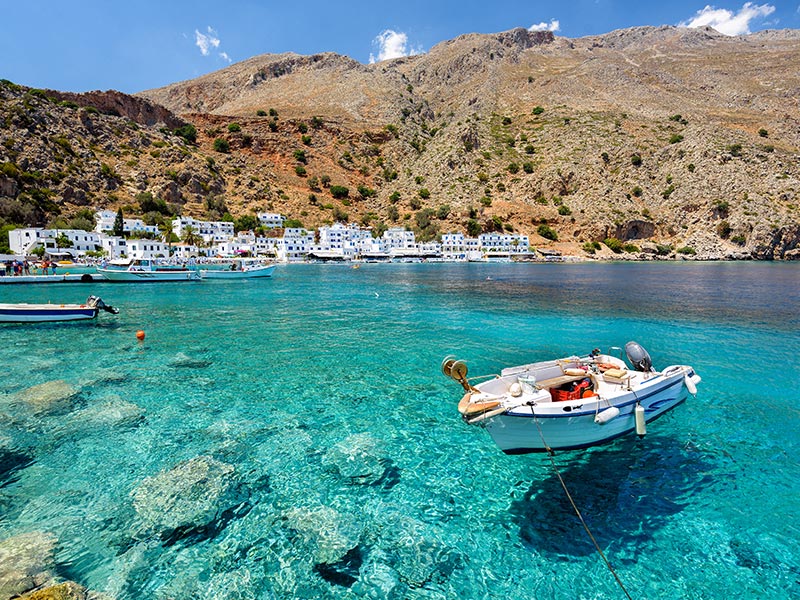The connection between ancient Crete and the legend of Atlantis has fascinated historians and scholars for centuries. The myth of Atlantis, first described by the philosopher Plato in his dialogues “Timaeus” and “Critias” around 360 BCE, tells the story of a powerful and advanced island civilization that sank into the ocean “in a single day and night of misfortune.” While the myth’s origins remain mysterious, many believe that Minoan Crete, one of the most advanced ancient civilizations, may have inspired aspects of the Atlantis story.
The Minoan civilization, which flourished on Crete from approximately 2700 to 1450 BCE, was known for its remarkable advancements in art, architecture, and trade. The Minoans built sophisticated cities, like Knossos, complete with large palaces, intricate plumbing systems, and vibrant frescoes. Their peaceful, seafaring culture dominated the Mediterranean for centuries, making them a likely candidate for inspiring Plato’s Atlantis.
A major factor linking Crete to Atlantis is the Thera eruption (modern-day Santorini) around 1600 BCE. This massive volcanic eruption devastated the nearby Minoan civilization, causing tsunamis and possibly contributing to the civilization’s decline. The sudden destruction of an advanced, island-based culture by a natural disaster fits Plato’s description of Atlantis’s catastrophic end.
While there’s no concrete evidence proving that Atlantis was real or that it was based on Crete, the parallels between the Minoan civilization’s sudden decline and Plato’s story are striking. Over time, the legend of Atlantis may have grown, combining elements of various ancient cultures and catastrophes into one enduring myth. Today, the Minoan-Atlantis connection remains a popular theory among those intrigued by ancient history and mythology.
Related Articles
The Science of Spring Equinox—A Balance of Day and Night
The spring equinox, which occurs around March 19–21, is a celestial event when day and night are nearly equal in length across the globe. This happens because the Earth’s axis isn’t tilted toward or...
The History of Green Beer—A St. Patrick’s Day Tradition
Green beer is a St. Patrick’s Day classic, but you might be surprised to learn that it wasn’t invented in Ireland—it was actually created in the United States! The first known instance of green beer...
The History of the Lucky Rabbit’s Foot—A Strange Superstition
The rabbit’s foot has long been considered a symbol of good luck, but its origins lie in ancient folklore and magic. Some cultures believed rabbits were supernatural creatures due to their burrowing...





